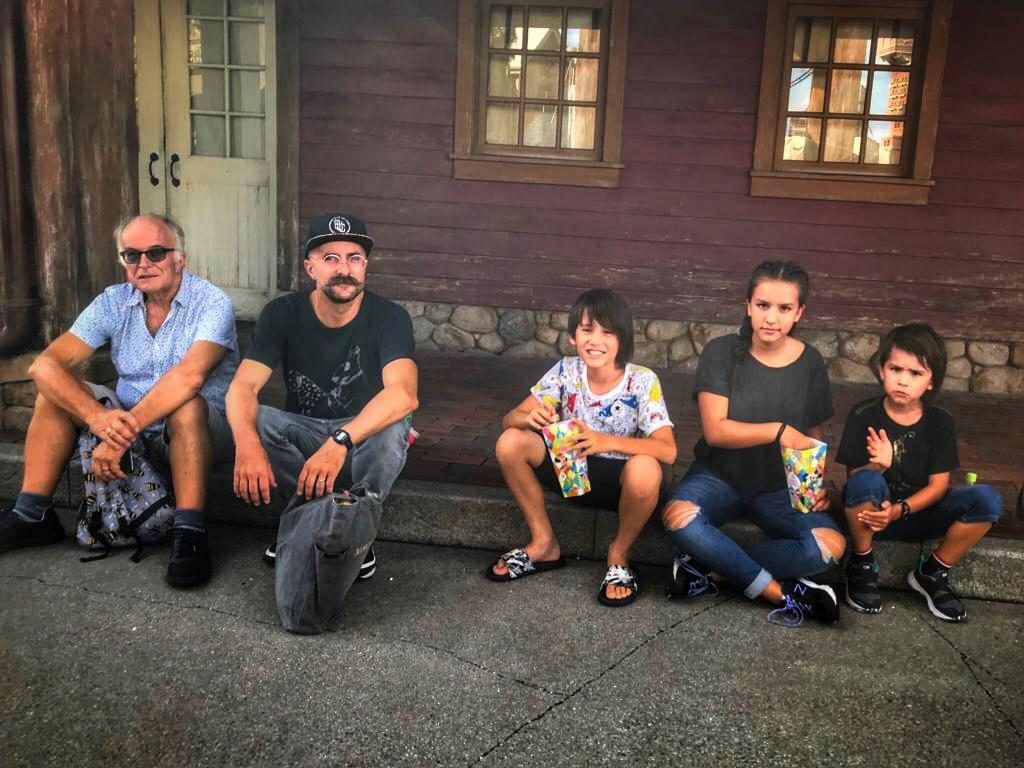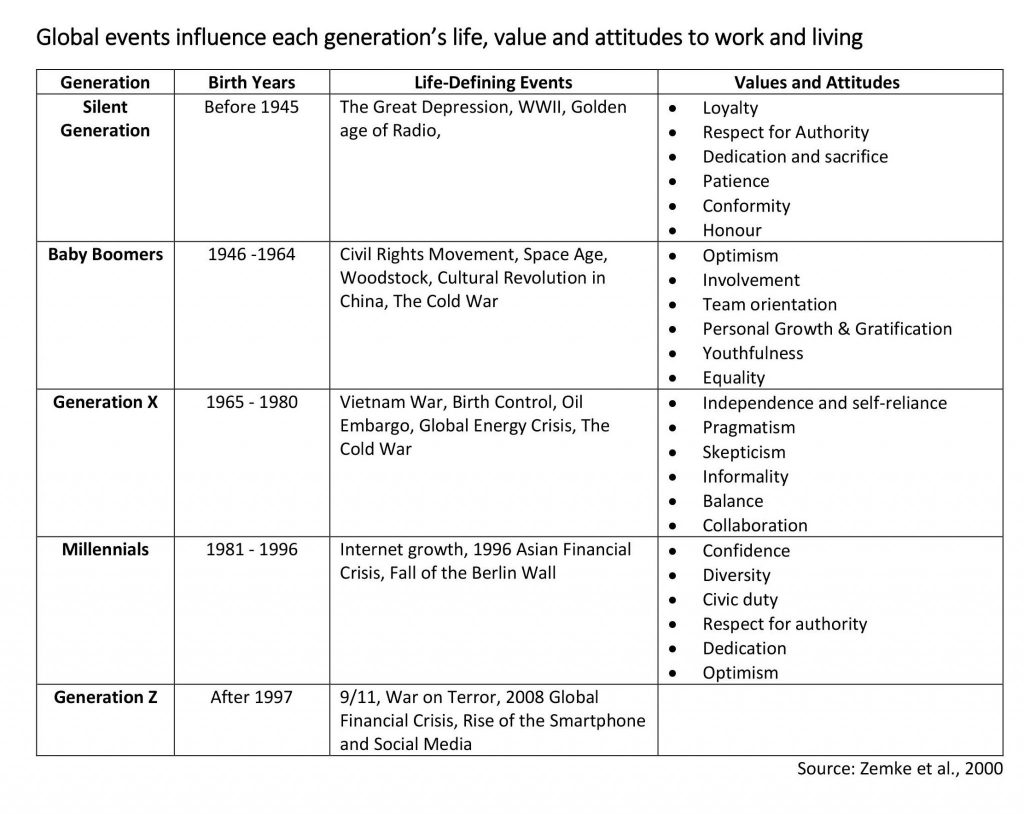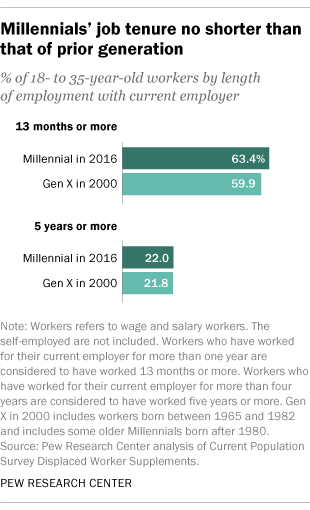There’s been so many research that attempts to quantify the workforce by their generation group, its values and characteristics. Is this a true reflection of work attitudes?
People subscribe to stereotypes in an attempt to better understand and manage a workplace of 3 generations.
 Our co-founder and CEO of Asia Chris Frost (second from left) with his father (far left) and his children.
Our co-founder and CEO of Asia Chris Frost (second from left) with his father (far left) and his children.
It’s true that generational attitudes exist and they are ingrained by societal norms. When we look at attitudes towards work by generation, there can be stereotyping but from a generic perspective, it creates an interesting starting point for thoughts.
In our introduction to this series, we acknowledge that work attitudes are shaped by globalisation, technological advancements and education.
For instance, did you ever come across talk “Millennial Job Hoppers”, describing the generation’s short job tenure nature?
The above study from Pew Research Center should dispel that earlier held view that age shouldn’t define attitudes and motivations to work. There’s a lot of clickbait articles that will suggest millennials job hop.
While there is some sort of truth that younger people move jobs faster than older people, this doesn’t mean they don’t want to work hard or work any less.
Gen X and Millennials may not embody the workaholic tendencies of the Babyboomers, technology and information should mean they can work smarter rather than harder and get the same results. After all, the hours clocked at work don’t determine your productivity.
Another way to view generational differences and attitudes towards work is to understand family and financial commitment. For example, a 25-year-old with kids and a mortgage will view their career and what they look for from an employer differently than a single 45-year-old without financial and family commitments.
Age alone does not determine how someone thinks about work. But the stereotype by generational attitude are may influence a person’s relationship with work:

Why and how have attitudes changed towards jobs?
- Access to information. If you’ve grown up with the web, your job search experience is like going to a supermarket. There are plenty of opportunities and options. You can explore multiples career paths with multiple companies and you can get the skills you need to transition into other roles online.
- Insecurity in the workplace. Gen X and Millennial have lived through some uncertain times from the Oil embargoes to the worst financial crisis in the history. The rise of “disrupters” like Uber, Airbnb and Spotify overturn traditional industries and forced them to re-think the way things are done.
The emergence of Automation and Artificial Intelligence (A.I) in the workplace initiated ‘continuous learning’ and the need to constantly update and upgrade their skill set.
- A greater sense of personal awareness and personal goals and desires. Propagated by a global community of social media.
How should employers approach a multi-generational workforce?
It’s said that one out of three adult Americans are Millennials and this group will make up 75 per cent of the workforce by 2025.
Drivers and motivation to work are unique to individuals and companies cater to everyone. Stereotypes can be a misguided way to categorise what employees want.
Don’t overcompensate adopting strategies to appease one generation while disengaging another.
What is clear is that alignment with company values and personal values are paramount. Younger people see that are on their own journey or personal development and they aren’t connecting their future to the success of their employer.
Millennials prefer to be engaged by their employers. They crave equal and active involvement to ensure the success of their career. This doesn’t mean Generation X and Babyboomers don’t have the same desires.
However you look at societal changes or generational differences the mindset towards work has changed. It’s time that companies invest in research with key staff to understand the reasons why people enjoy working there and what is motivating about the environment and culture – which are factors that aren’t necessarily influenced by age alone.

